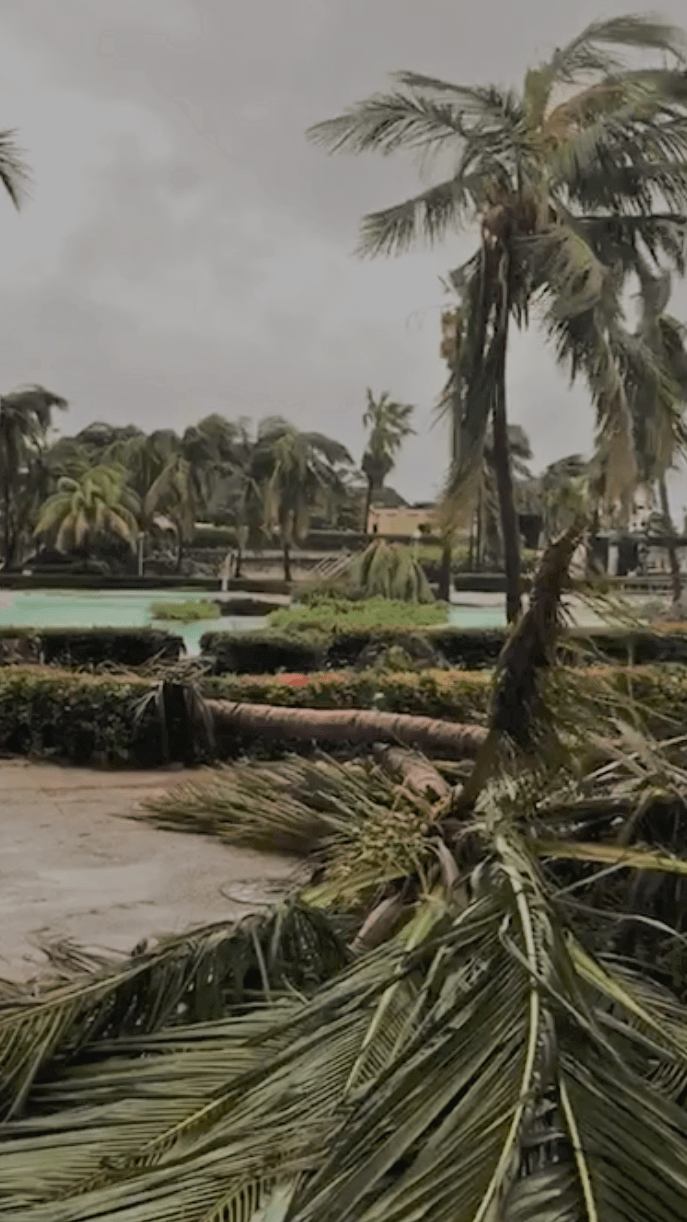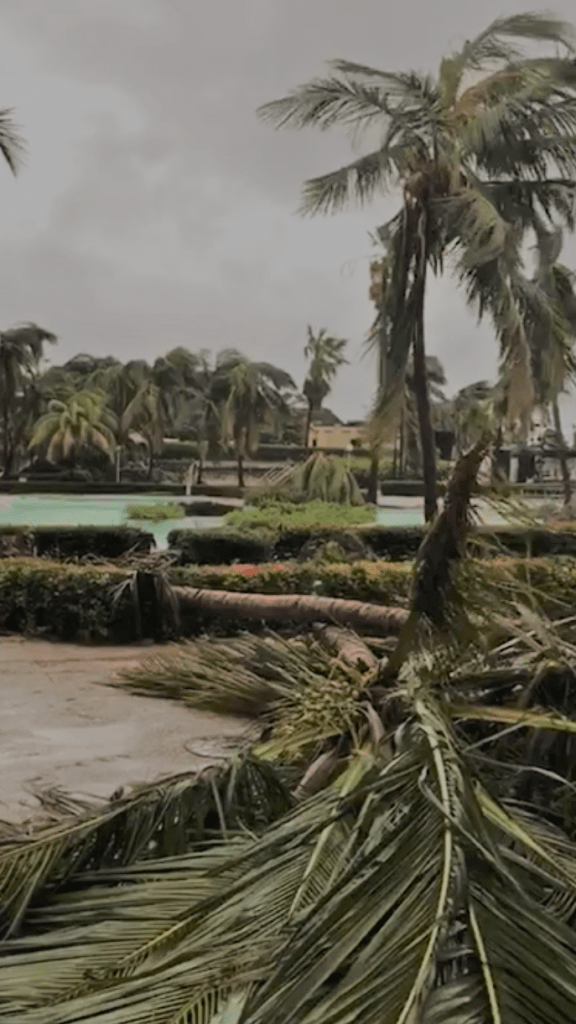All of us are in a new world, and we’d better get used to it.
Admittedly, I hadn’t been there for 46 years, but old friends of mine still live (or at least lived) in the town of Greenville, Calif., and now… well, it’s more or less gone, though they survived. The Dixie Fire, one of those devastating West Coast blazes, had already “blackened” 504 square miles of Northern California in what was still essentially the (old) pre-fire season. It would soon become the second-largest wildfire in the state’s history. When it swept through Greenville, much of downtown, along with more than 100 homes, were left in ashes as the 1,000 residents of that Gold Rush–era town fled.
I remember Greenville as a wonderful little place that, all these years later, still brings back fond memories. I’m now on the other coast, but much of that small, historic community is no longer there. This season, California’s wildfires have already devastated three times the territory burned in the same period in 2020’s record fire season. And that makes a point that couldn’t be more salient to our moment and our future. A heating planet is a danger, not in some distant time, but right now—yesterday, today, and tomorrow. Don’t just ask the inhabitants of Greenville; ask those in the village of Monte Lake, British Columbia, the second town in that Canadian province to be gutted by flames in recent months in a region that normally—or perhaps I should just say once upon a time—was used to neither extreme heat and drought, nor the fires that accompany them.
In case you hadn’t noticed, we’re no longer just reading about the climate crisis; we’re living it, in a startling fashion. At least for this old guy, that’s now a fact—not just of life but of all our lives—that simply couldn’t be more extreme, and I don’t even need the latest harrowing report of the UN’s Intergovernmental Panel on Climate Change (IPCC) to tell me so. Whether you’ve been sweating and swearing under the latest heat dome, fleeing fires somewhere in the West, broiling in a Siberia that’s releasing startling amounts of heat-producing methane into the atmosphere, being swept away by flood waters in Germany, sweltering in an unprecedented heat-and-fire season in Greece (where even the suburbs of Athens were being evacuated), baking in Turkey or on the island of Sardinia in a “disaster without precedent,” neck-deep in water in a Chinese subway car, or, after “extreme rains,” wading through the subway systems of New York City or London, you—all of us—are in a new world and we’d better damn well get used to it.
Floods, megadrought, the fiercest of forest fires, unprecedented storms —you name it and it seems to be happening not in 2100 or even 2031, but now. A recent study suggests that in 2020 (not 2040 or 2080), more than a quarter of Americans had suffered in some fashion from the effects of extreme heat, already the greatest weather-based killer of Americans and, given this blazing summer, 2021 is only likely to be worse.
Read more: The Nation





